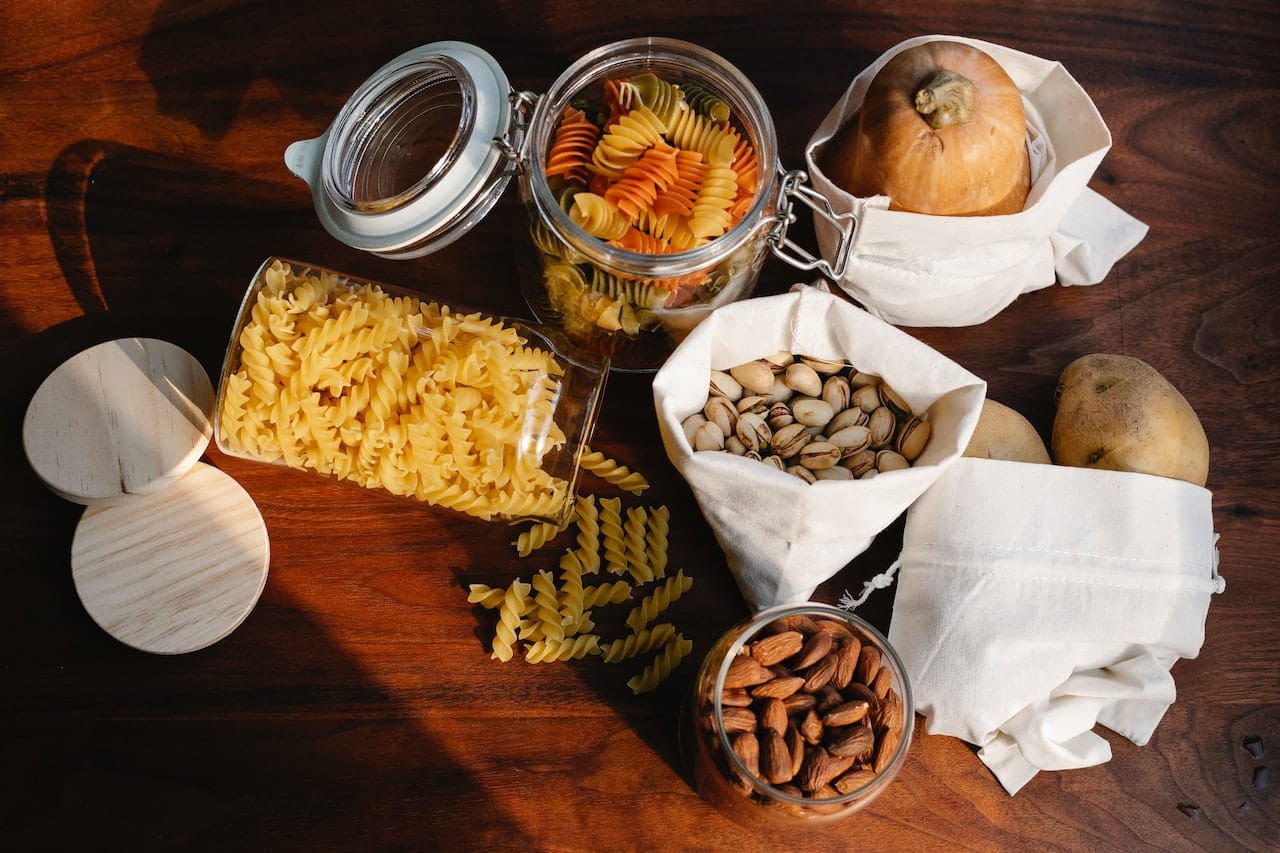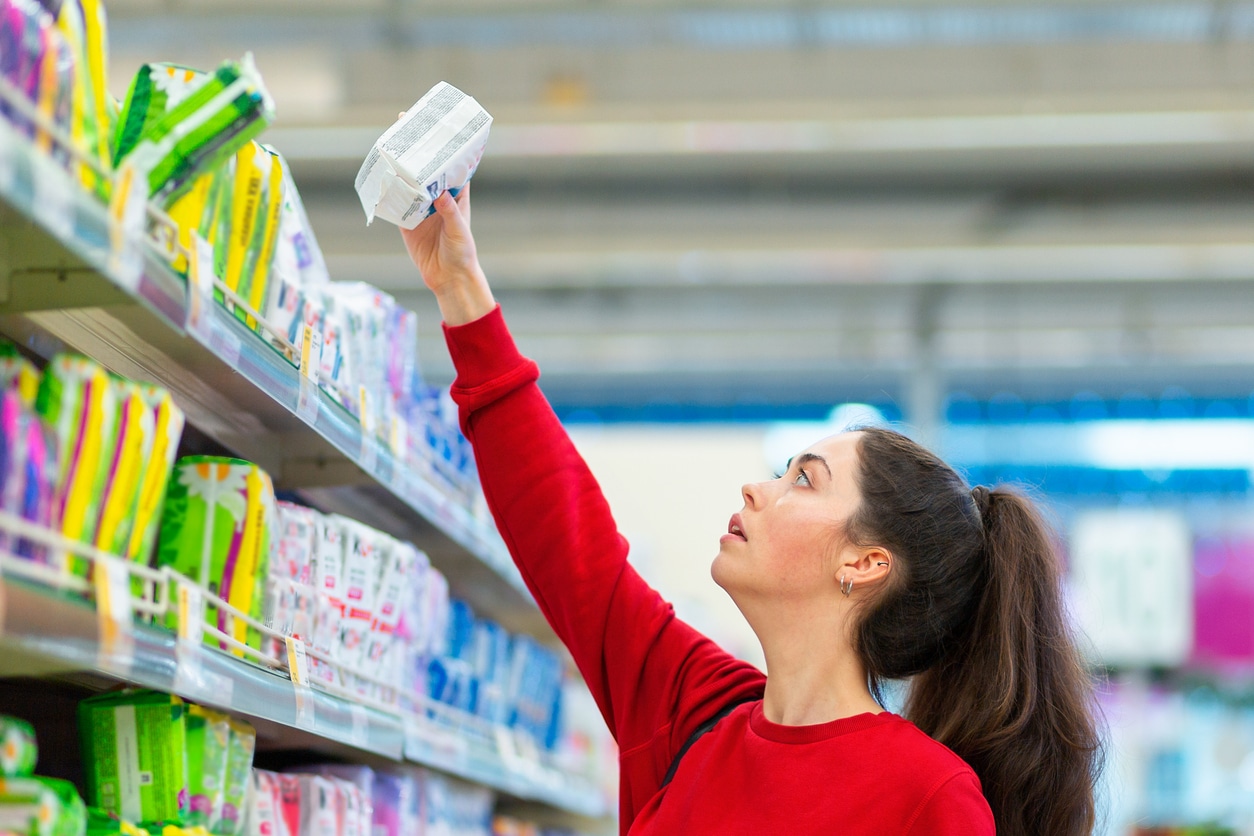
Reusable, Compostable or Biodegradable: Which Is Better for the Environment?
We often ask the question, “What we can do to better protect our planet?” We know single- and one-use plastic products are responsible for a lot of the waste currently sitting in landfills and, sadly, even our oceans. Emissions from making such products are also a large contributor to our plastic carbon footprint. Unfortunately, this hasn’t stopped the majority of people from using these types of products, packaging and materials. There are alternatives, though. We just have to use them. So, let’s take a look at a few plastic alternatives and see which one is better. Is is reusable, compostable or biodegradable?
Benefits of Reusable
Let’s start with reusable as a plastic alternative. One of the main benefits of reusable is the variety of options available. You can have reusable products and packaging made with glass, bamboo, stainless steel, reclaimed wood, cloth, beeswax, silicone and various recycled or repurposed materials.
Another key benefit is how long a well-made reusable product can last. For example, if you buy glass storage containers for your food, you’ll be able to use them for years to come. Buying stainless steel mixing bowls, instead of plastic, means your bowls will last a lot longer and they won’t leach plastic particulates into your food. A disposable coffee cup is good only once, however a reusable cup or mug can be used, washed and re-used over and over.
These days, many reusable products are being made from recycled or reclaimed materials. This is an extremely beneficial aspect of reusables, as it means previously used products are now being repurposed into something new.
Benefits of Compostable
Compostable products are often touted as a sustainable alternative to traditional products made of plastic and other non-sustainable materials. Most compostable products don’t need to go to a landfill, although some compostable plastic must be sent to a commercial composting facility. You’ll just need to check the label. Those labeled okay for home composting can go straight into your compost pile and be used to help grow fruits, vegetables and flowers.
Compostable products (and packaging) decompose relatively quickly. Those made from wood generally decompose within a few months, whereas compostable plastics can take six months to fully decompose. Of course, the right environmental conditions must exist for this to happen.
Unlike certain biodegradable products, compostable ones will leave no trace once decomposition is complete. It is part of the design of a compostable product for it to be beneficial to the soil and environment during the decomposition process.
Opting for a compostable product means less waste will go into local landfills and less pollution will go directly into the environment. In addition, as these types of products traditionally take less energy to produce, fewer harmful emissions will have been generated. More composting also means fewer fertilizers and harmful chemicals are needed.
Benefits of Biodegradable
Biodegradable products and packaging are another alternative to plastic. A biodegradable product requires less energy to make and fewer emissions will be released during the manufacturing process. These types of products aren’t usually left hanging around the environment for decades to come, so there’s also the benefit of less waste.
Similar to compostable products and packaging, biodegradable products and packaging can be absorbed back into nature. There is one key difference, however, a biodegradable product could leave some metallic material or contaminant behind. These by-products might be harmful to the soil, if not processed properly. In addition, if you have a product only partially made from biodegradable materials, it would need to be separated before disposal.
Products made from plant materials and non-synthetic materials are biodegradable. Many biodegradable materials can be recycled or repurposed into other products. If those products end up being reusable, then it’s extra beneficial to the environment.
In general, biodegradable packaging is considered best for food items, as no additional materials are required. This means the packaging will be more likely to fully biodegrade and do so naturally.
Viable Alternatives to Plastic
Reusable, compostable and biodegradable are all viable alternatives to plastic products and packaging. However, a quality reusable product can be used for a long period of time without having to be replaced. This means fewer will be made and less will end up in the environment. This is even compared to those products made to biodegrade or decompose. A well-made, reusable product can last for months, years and even a lifetime.



Post a comment